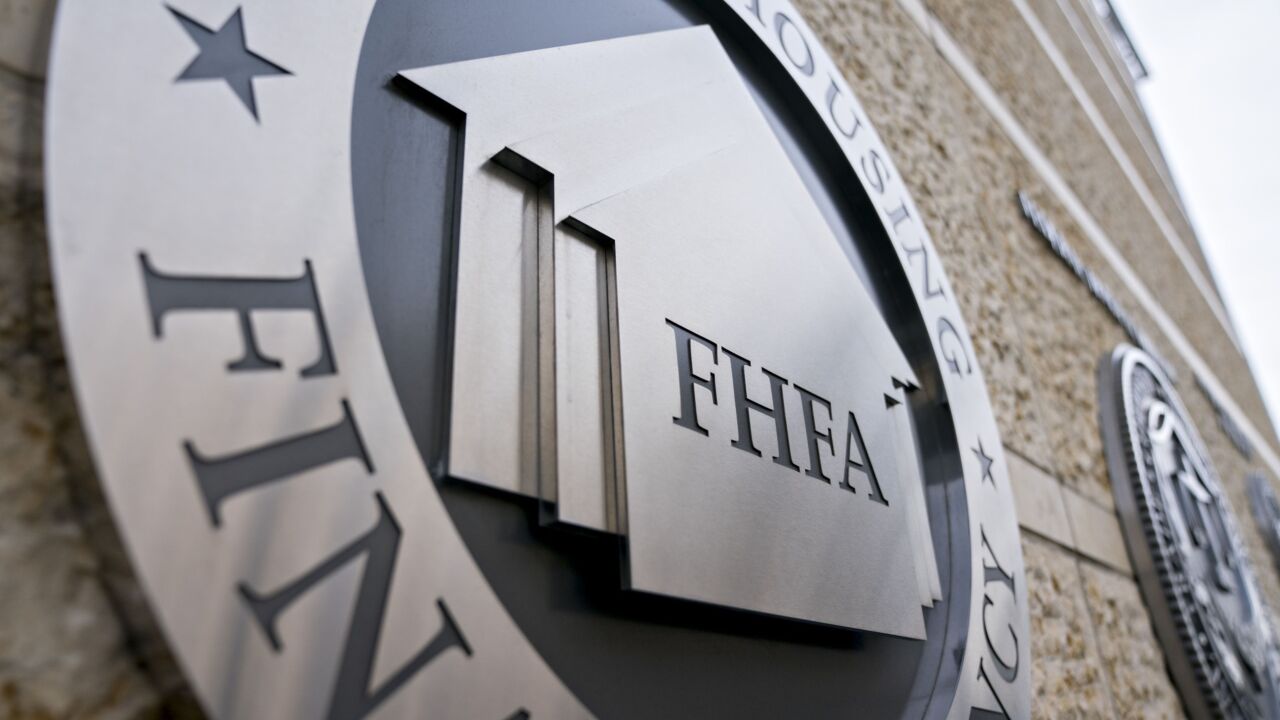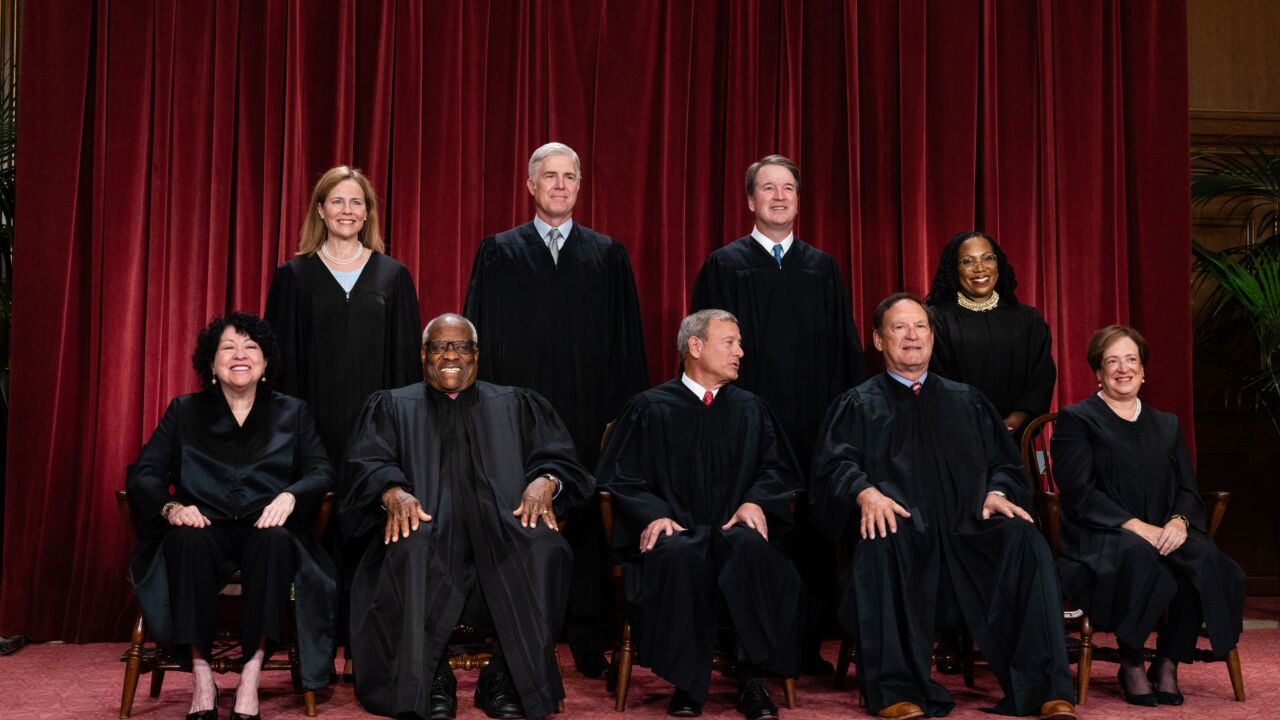Politics and policy
In the House of Representatives, Rep. Patrick McHenry wants to push regulators and bank CEOs on their ESG investments, but the real action is happening at the state level.
-
The growing anti-ESG backlash from Republican lawmakers may please the base, but as a practical policy it creates far more problems than it solves.
November 22 -
If a $6.3 billion subsidy only generates a $304 million return in terms of housing and community development support, is that money well spent?
November 21
-
The Kentucky Bankers Association is seeking to halt Attorney General Daniel Cameron's investigation into climate commitments made by six large banks. The suit alleges that the AG overstepped his authority by seeking to compel the banks to turn over certain documents and communications.
November 16 -
Tools used by financial regulators to gauge the impact of climate change on the financial system are probably underestimating the potential damage because of incomplete data and inadequate scenario analyses, according to Financial Stability Board, a watchdog group.
November 15 -
The CFPB's recent guidance on so-called "unfair" bank fees has created legal turmoil for banks and financial firms after the White House claimed the bureau's actions were settled law.
November 9 -
Scams and fraud on real-time payment platforms are well documented. To solve the problem regulators, lawmakers and the public must acknowledge the inherent risks that come with a powerful new technology and develop rules to make it safer.
November 8 -
The interest paid on consumer deposits has barely risen despite the Federal Reserve's aggressive rate hikes, writes Sen. Jack Reed, D-R.I., in letters to seven of the largest U.S. banks including JPMorgan Chase and Wells Fargo.
November 3 -
Legal experts are gaming out the various options for the CFPB after a three-judge panel of the U.S. Court of Appeals for the 5th Circuit ruled on Oct. 19 that the bureau's funding is unconstitutional.
November 1 -
The rate of unbanked consumers declined to its lowest point since the Federal Deposit Insurance Corp. began its biennial survey in 2009.
October 25












